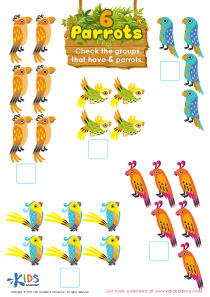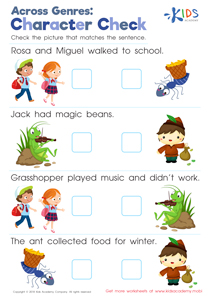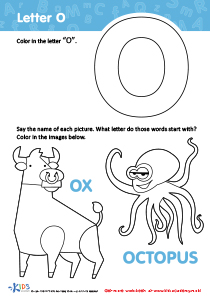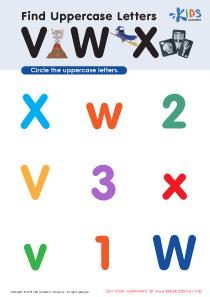Math Lessons | Shapes, Preschool
0 results
Our Shapes Lessons are perfect for children in preschool who are ready to explore the world of shapes! In this program, we use interactive worksheets, educational videos, and assessment quizzes to help kids learn about different shapes and their properties. Our lessons cover everything from basic shapes like circles and squares, to more complex shapes like pentagons and hexagons. With engaging activities and fun videos, your child will love learning while they play. Our Shapes Lessons are designed to help children build critical thinking and problem-solving skills while having fun. Give your child an edge in school and enroll them in our Shapes Lessons today!
Shapes Lessons: An Essential Tool for Preschoolers
Children in preschool have an insatiable thirst for knowledge and learning, thus educators need to design curriculum that cater to this. One essential tool that can provide both fun and learning are shapes lessons. These lessons are designed to help children learn about shapes by using interactive worksheets, educational videos, and assessment quizzes. Not only do these tools make learning fun, but they also help children retain knowledge that they can use to apply in everyday life.
Shapes are ubiquitous in our world. Whether it's geometric shapes like circles, squares, triangles, and rectangles or organic shapes like hearts, stars, and blobs, they are everywhere we look. For preschoolers, shapes form the building blocks of learning. By learning this fundamental concept, children can identify more complicated shapes such as pentagons, hexagons, and octagons and better understand their uses in different kinds of structures, from buildings to toys.
Learning about shapes is important as it provides children with the foundational knowledge that they will need to approach more complex concepts in the future. When children can identify and reproduce shapes, they are more likely to understand measurement, geometry, symmetry, and spatial reasoning. This type of learning is not only beneficial in the academic setting but also in real-life applications such as engineering, architecture, and graphic design. Shapes may seem like a trivial topic, but it is a necessary step in helping children develop their skills in reasoning and problem-solving.
Shapes lessons play an essential role in promoting child development. They encourage fine and gross motor skills, stimulate creativity, and hone cognitive skills. These lessons provide children with a fun and engaging way to learn about shapes and understand their application in everyday life. With interactive worksheets, children get a chance to draw or trace simplistic shapes that help them engage their fine motor skills. Additionally, they can use different colored pencils or markers to color or identify shapes, which helps to develop their creativity and imagination. Educational videos are also useful in shaping the way children learn. These videos provide visual representation of different shapes and how they can be used, which appeals to different learning styles. They also provide an opportunity for children to learn from diverse perspectives, which helps with their cognitive development.
Assessment quizzes are essential in any learning process. They serve as a way to measure a child's progress and ensure they are grasping the concepts. These quizzes are designed in a way that they are engaging and fun, which encourages children to take them.














